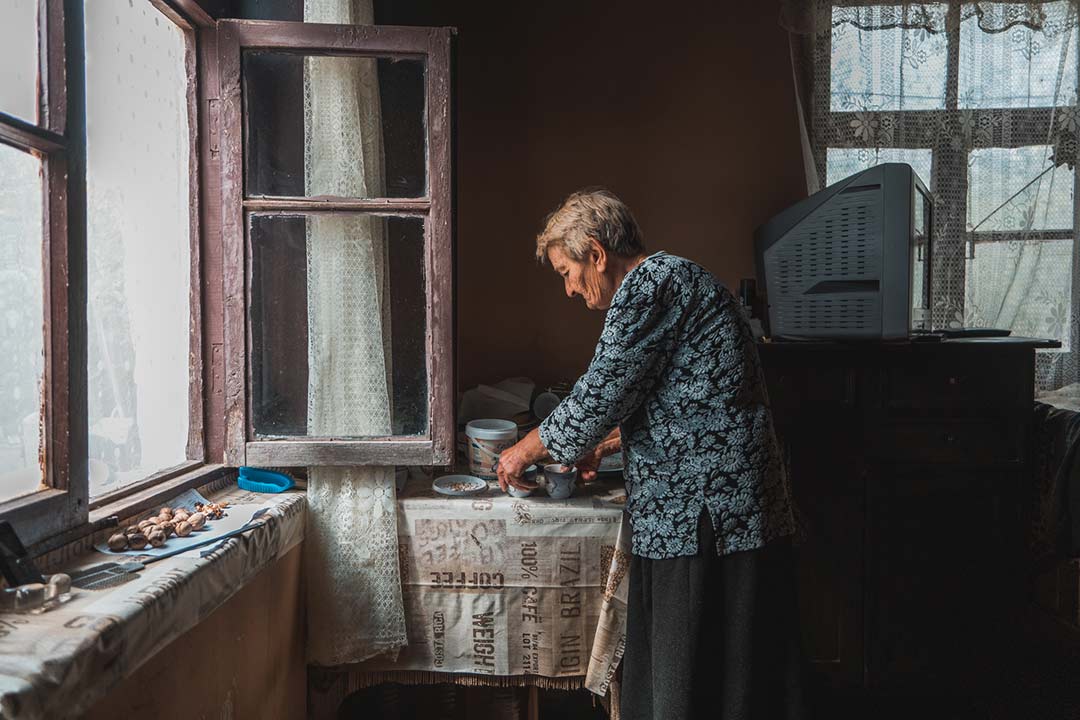Why "easy access" won't make life easier for farmers in South Ossetia
Farmers in South Ossetia
In South Ossetia, for the period of agricultural work, access to territories controlled by Russian border guards has been temporarily simplified. Local residents believe that this will not make life much easier for farmers because they suffer, first of all, from lack of water.
These territories have been controlled by Russia jointly with the South Ossetian services since April 2009, when an agreement was signed between the Russian Federation and South Ossetia “On joint efforts to protect the state border of the Republic of South Ossetia.”
Simplified Access
The KGB of South Ossetia announced that from August 2 to September 30, residents are allowed to carry out certain types of economic activities in the Tskhinvali, Znauri and Leningor regions without obtaining an appropriate permit.
But certain requirements remain:
“In order to enter the border zone for the indicated purposes, it is necessary to arrive at the nearest unit of the border department of the FSB of Russia in South Ossetia with a passport to identify the person, clarify the place, nature and timing of the economic work,” a KGB statement says.
- Georgia mourns Papa Data – the story of a man whose home got swept up in the Georgian-Ossetian conflict
- August, 2008. Chronology of the war over South Ossetia in facts and photos
- Land of abandoned villages. Stories from the deserted Truso Gorge, where Ossetians and Georgians once lived together
Many villages of South Ossetia ended up in this zone, so it is impossible to visit them without the appropriate permission. As deputy of the South Ossetian parliament Alan Tadtaev explains, in order to obtain such a permit, one had to appear at the central office of the KGB in Tskhinval, but now this can be obtained at one’s place of residence:
“They will be able to contact the nearest outpost. For example, to avoid the need to get to Tskhinvali from the remote Leningor region.”
Alan, a resident of a village in the Znauri district, says that villagers do not yet know anything about easier access. He believes that “this will not change much in the already familiar way of life.”
The main problem is water
These lands are cultivated by local South Ossetian farmers. The main crops grown are wheat and barley. And the problems of the peasants are by no means limited to the inaccessibility of the fields.
For example, a farmer named Khazby complains that grain is sold only on the domestic market, and there are no conditions for its processing:
“There are no conditions for obtaining flour and animal feed from grain on the spot. Therefore, grain is simply sold in its pure form.”
But the more serious problem Hazby says is drought, which destroys all crops. Only cereals survive. The farmer says that the irrigation system was “tied” to Georgia, but after the 2008 war, Georgia blocks the supply of water to the Tsinagar zone of the Leningor region:
“This area has always been agricultural. Everything was grown there: fruits, vegetables, and cereals. As for irrigation, Georgia supplied us with water, and we supply it with water. We agreed that Georgia will resume water supplies to the Tsinagar zone through the Tiripon Canal, and we will supply water to Georgian villages located on the left side of the Liakhva. But Tbilisi does not keep its word, and the water supply is cut off during the irrigation season. Therefore, nothing can be grown here except wheat and barley.”
Another resident, Fatima, confirms that they cannot grow anything but wheat, oats and barley:
“There is no water and nothing grows. After the war, water from Georgia comes intermittently. It happens only for a week or a few days, and then it doesn’t happen again for months. Last year, one young family planted four hectares of tomatoes, and everything dried up. There used to be water – until 2008. Everyone used it, both we, the Ossetians, and the local Georgians. But after the war, it was closed to us.”
According to Fatima, along with facilitating the issuance of passes, the government of South Ossetia should restore the irrigation system in order to provide these villages with water.
Terms, place names, opinions and publication ideas do not necessarily coincide with those of JAMnews or its individual employees. JAMnews reserves the right to remove comments on posts that are deemed offensive, threatening, violent or otherwise ethically unacceptable.



















